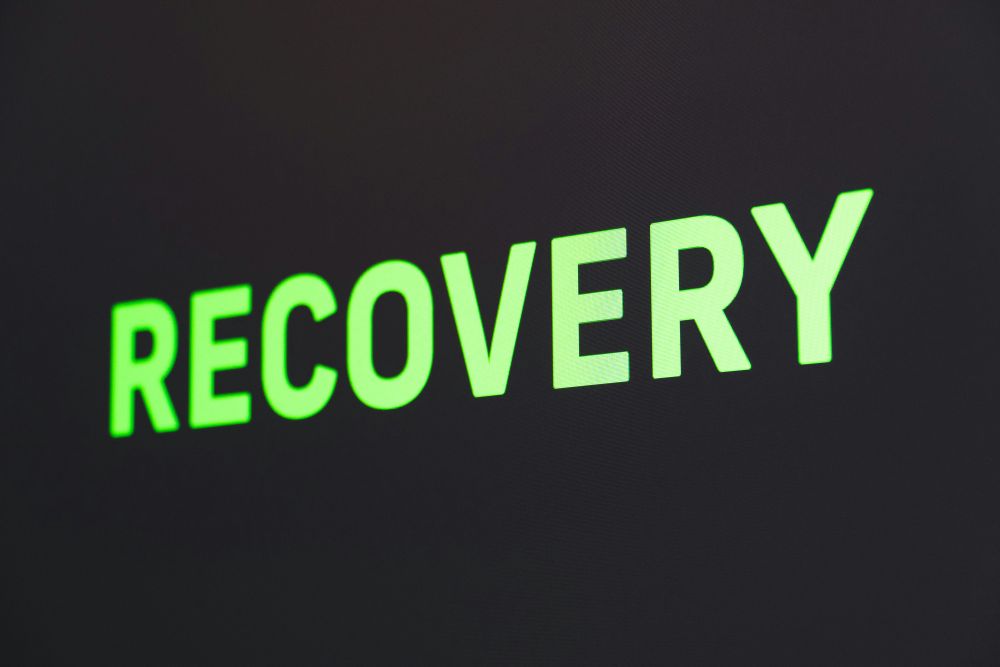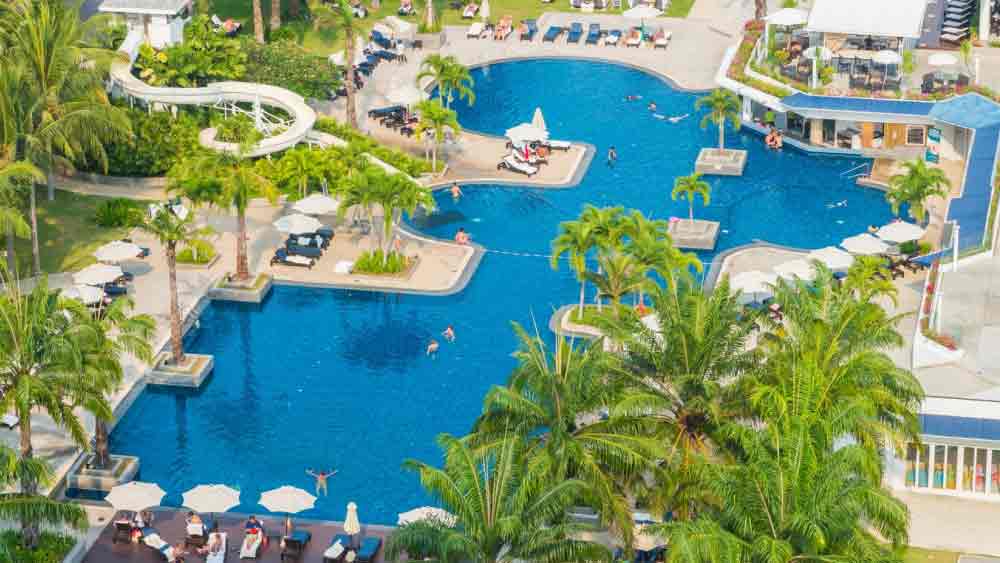Finding the Perfect Rehab Center: A Full How-to Guide

For individuals struggling with addiction or other issues requiring rehabilitation, the initial step is selecting the right rehab center. The right center must provide effective treatment and create a supportive environment for individuals on their path to recovery. This complete guide will outline significant considerations when selecting a rehab center that fits you or your loved one’s requirements.
A Step-by-Step Guide to Picking the Right Rehab Facility
Evaluate Your Needs and Goals
Every recovery journey begins with recognizing personal needs and goals. Take the time to reflect on the type of substance abuse or addiction you’re facing and any co-occurring mental health issues that may require attention.
The self-assessment process determines the type of treatment you may need: inpatient, outpatient, or a tailored program for dual diagnosis. Have a discussion with a healthcare provider to help you evaluate your specific situation and recommend the level of care necessary. Connecting with support groups or individuals who have experienced rehab can offer first-hand insights into what to expect from various centers.
Consider Your Location
Once you’ve outlined your needs and goals, you’re ready to start looking for options. If you are looking to ease family involvement and visits, explore available rehab centres near you for added comfort. Others may seek facilities further away, as being in a new environment may support a stronger break from drug-related triggers.
Weigh the pros and cons of both situations. Investigate the surrounding area, and consider nature walks, quiet settings, and other amenities. Being in a healing environment can improve treatment outcomes. The choice of location should align with your comfort level and support your recovery journey.
Types of Rehabilitation Programs
Rehabilitation programs come in diverse formats. Inpatient programs provide 24/7 care in a residential setting so patients can focus solely on recovery without daily distractions. Outpatient programs facilitate treatment and enable individuals to maintain their daily responsibilities. Another option is intensive outpatient programs (IOPs), which offer more robust support compared to traditional outpatient settings. These include therapy sessions several days a week and are suitable for those who have completed inpatient care or who require more intensive assistance than standard outpatient programs offer.
Alongside traditional methods, holistic rehabilitation centers focus on alternative therapies: yoga, meditation, and art therapy are all parts of the recovery process. Finding a program that resonates with you influences your comfort and willingness to engage in the treatment process.
1. Facility Credentials and Staff
The qualifications of the facility and its staff play an essential role in treatment effectiveness. Verify the accreditation of the rehab center. Facilities accredited by bodies like the Joint Commission or the Commission on Accreditation of Rehabilitation Facilities (CARF) adhere to established standards. This accreditation symbolizes a commitment to quality care and ethical practices.
Research the educational background and experience of the staff. Experienced professionals with advanced degrees in psychology, counseling, or social work can guarantee evidence-based treatment. Don’t hesitate to inquire about staff-to-patient ratios; lower ratios signify more personalized care.
2. Treatment Approaches
Different rehab centers emphasize diverse treatment approaches. Cognitive-behavioral therapy (CBT) is a popular method used to stimulate awareness and change negative thought patterns associated with addiction. Motivational interviewing is another strategy that improves individual motivation to change.
Family therapy addresses relational issues and improves understanding among family members affected by addiction. This form of therapy encourages a supportive home environment for sustained sobriety once treatment concludes. Some facilities focus on 12-step programs, guiding individuals through a structured process for recovery. These approaches work well for many but might not resonate with everyone.
3. Costs and Insurance Coverage
The factors influencing the price include the type of program, duration of stay, and included amenities. Inpatient programs incur higher costs due to comprehensive care, whereas outpatient programs can be more affordable due to their nature. Contacting your insurance provider can clarify coverage details for various rehab facilities. Many insurance plans include provisions for addiction treatment. Confirm what is covered and any potential out-of-pocket expenses. Some centers offer sliding scale fees based on the patient’s income, making treatment more accessible.
Financial considerations should factor into your decision-making process, but shouldn’t discourage you from seeking help. Numerous resources are available that explore different financing options so that everyone can take the necessary steps toward recovery.
4. Aftercare Planning and Support Groups
Completing a rehabilitation program is not the end of the recovery journey. Aftercare planning guarantees continued support during the transition back to daily life. This phase may involve outpatient therapy or participation in support groups such as Alcoholics Anonymous or Narcotics Anonymous.
Support groups provide a community of individuals who understand the challenges of recovery. These resources offer emotional support and accountability, reducing the risk of relapse. Engaging with others who share similar experiences cultivates a sense of belonging and motivation to stay committed to sobriety.
Regular follow-ups with a healthcare provider can address ongoing challenges and celebrate achievements. Recommending continued therapy or other interventions maintains progress post-rehab. A comprehensive aftercare plan emphasizes the notion that recovery is an ongoing journey, not a destination.
Conclusion:
Finding the right rehab center is a personal step in overcoming addiction. If you evaluate your needs, explore program types, and understand facility credentials, you can make an informed decision. Focus on treatment methods, the financial aspect, and the importance of aftercare to support your long-term recovery goals.

news via inbox
Sign up and never miss out on the latest news and updates at HighStuff




